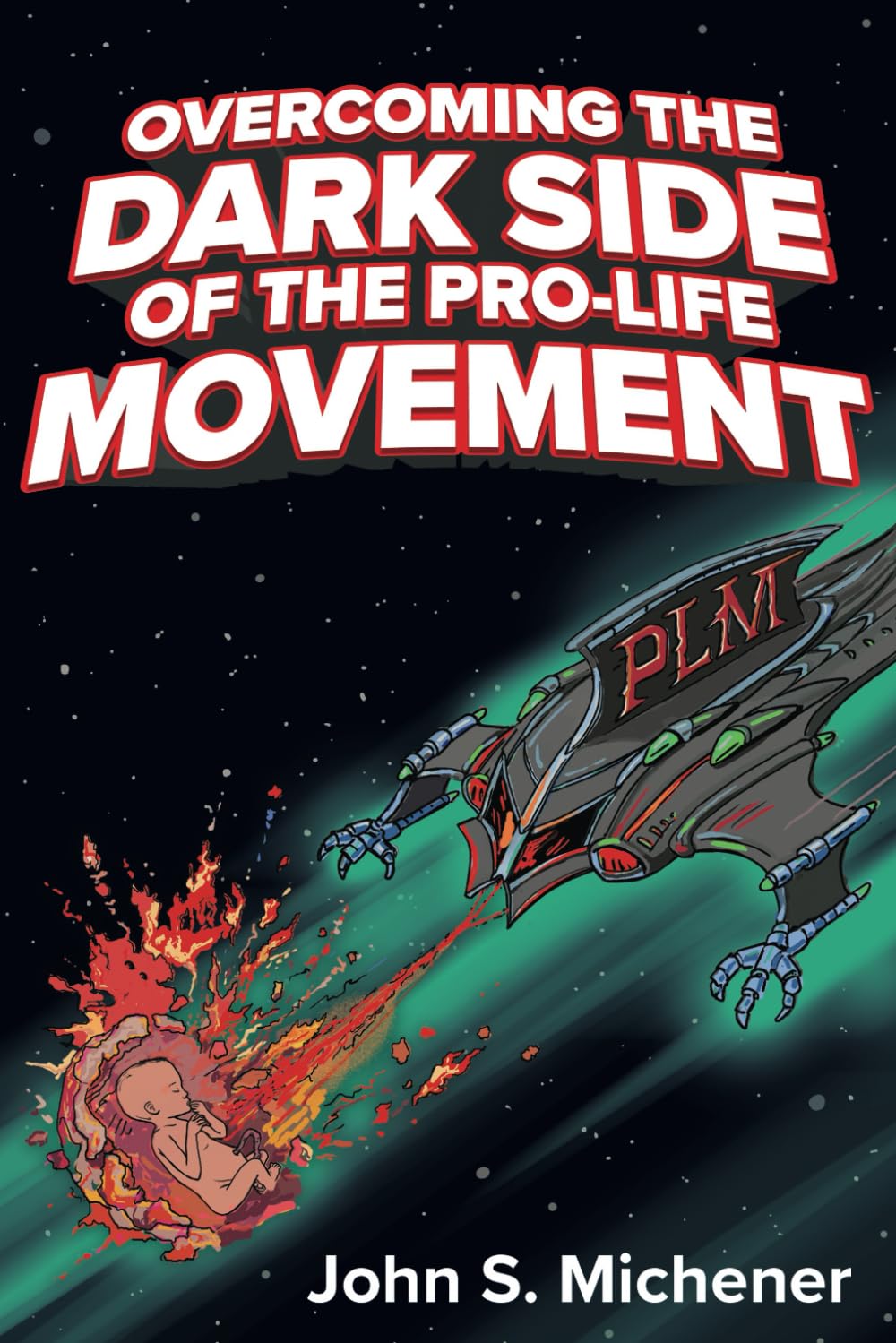Picking the Votes for the Conservative Index
Sometimes it is a challenge because we have to have some rule of thumb for consistency, one of which is we use ten issues, no more and no less. Some years, we struggle to come up with ten issues we feel comfortable in using to score the Oklahoma Legislature, and other years we have to leave out some good votes to keep it to only ten. For various reasons, it is not practical to use more votes or fewer votes than ten.
Here are some examples of votes that could have been used this year, but were not:
House Bill 2995 – Regulate Restaurant Delivery
We actually used an earlier version of this bill last year, when it was vetoed by Governor Kevin Stitt. The bill requires an agreement between a restaurant and a courier application service, such as Grub Hub, Door Dash, etc., in order to transport food for delivery. If such a service fails to have an agreement in place, a complaint may be filed with the Consumer Services Division of the Oklahoma Corporation Commission (OCC). This measure unnecessarily regulates a private industry and will cost around $430,000 per year to enforce the law. The bill passed the Senate 38-7 on April 25 and gained final passage in the House 51-29 on May 9. For some reason, Governor Stitt signed the bill this year, although he vetoed it last year. We would argue that the no vote is the conservative vote.
House Bill 3623 – Preventing Illegal Immigrants in Contracting
This bill would require contractors or subcontractors who contract with the state or a public employer to submit an affidavit to the State Purchasing Director affirming compliance with the state’s E-Verify requirements. The E-Verify system is designed to verify the citizenship status of new employees. While a yes vote on this bill would be considered the conservative vote, the staff of the Oklahoma Constitution and the panel of conservatives who helped us in selecting the bills this year felt another bill on immigration (House Bill 4156) was the better vote on this topic of illegal immigration.
Economic Development
We believe that a broad selection of topics is needed to produce a more accurate conservative rating for the legislators. For example, we had three votes on the topic of “economic development” to choose from. With these votes, our intention is to protect the free market from manipulation with what is often called Crony Capitalism, which means the intervention of the state in the free enterprise system to benefit certain businesses over others. We wound up using House Bill 3959 Major Sports Leagues Rebates. Billionaire professional sports teams owners frequently intimidate local and state governments to give them benefits at the expense of the taxpayers. Professional sports team owners regularly get state and local governments to give them special benefits (like building them new stadiums or arenas) with the threat they will move the team elsewhere. Of course, small businesses do not get subsidies of this sort from the taxpayers, just Big Business.
But we also could have chosen House Bill 3670, which would have established three tax credits for civil engineers and their employees beginning in the tax year 2025. Qualified engineering businesses that employ a civil engineer would receive a tax credit equal to five percent of the compensation paid to an engineer until January 2030, or ten percent if the engineer graduated from an Oklahoma college or university. The no vote was the conservative vote.
Another vote that was strongly considered was the creation of yet another state agency, New Economic Development Agency, with Senate Bill 1447. The office would be known as the Oklahoma Office of Economic Development, Growth, and Expansion. It would replace the Department of Commerce, and would no doubt be a major engine of Crony Capitalism. Unfortunately, the bill passed both houses and was signed into law by the governor.
Hopefully, our readers can see that the creation of the annual Oklahoma Conservative Index requires some difficult decisions on which votes to use – and which votes to not use.
We have encouraged legislators to suggest votes to use for the Conservative Index since its inception in 1979, and we continue to do so. We also encourage our readers to suggest votes to be considered for the Conservative Index.














Latest Commentary
Thursday 30th of October 2025
Thursday 30th of October 2025
Thursday 30th of October 2025
Thursday 30th of October 2025
Thursday 30th of October 2025
Thursday 30th of October 2025
Thursday 30th of October 2025
Thursday 30th of October 2025
Thursday 30th of October 2025